.jpg)
All hops will age over time. Precious hop oils including both aromatic and bittering oils tend to break down over time, and old hops will lose aroma, flavor and bitterness as they age. Stale hops will take on a cheesy or skunky flavor that can ruin your beer. Hops have three main enemies: heat, light and oxygen.
Heat accelerates the chemical breakdown of hops including both aromatic oils and the precious alpha acids that provide most of the bitterness in beer. The relationship between temperature and hop bitterness is exponential – it is cut in half for every 15 degrees C (27 F) of lowered temperature. Hops stored at 75F will degrade almost 4 times as fast as hops stored in a freezer. To slow the aging of your hops, always store them in the freezer at a temperature between 30F and -5F (-1 to -21 degrees C).
Light is also a natural enemy of hops. Hop cones are susceptible to breakdown from sunlight from the first minute they are picked, so hop growers go to great lengths to make sure that hops are not exposed to sunlight after picking. Hop cones exposed to light will break down rapidly, leaving off flavors in your beer. When possible, store your hops in a dark place and avoid exposure to sunlight.
Oxygen is also an enemy of hops because hop oils and alpha acids will oxidize. Oxidized alpha acids lose their bitterness, and old hops will take on a “cheesy” aroma. A plastic/poly bag is the worst storage vessel for your hops because plastic bags are still permeable to air. You can smell the hops right through a typical plastic bag, which is an indicator that it is not much of an oxygen barrier.
An oxygen barrier bag or an airtight jar make a much better container, though these still typically contain some air. The best container is a vacuum sealed oxygen barrier such as a vacuum packed foil pouch, typically made from a layer of food grade plastic and layer of mylar.
Note that whole hops degrade faster because of the larger surface area exposed to air. Most hop processors will at some point pelletize their aging hops because the highly compressed pellets age more slowly than whole hops. Pellets also take less space and are easier to vacuum pack, which is why they are often used in homebrewing and microbrewing.
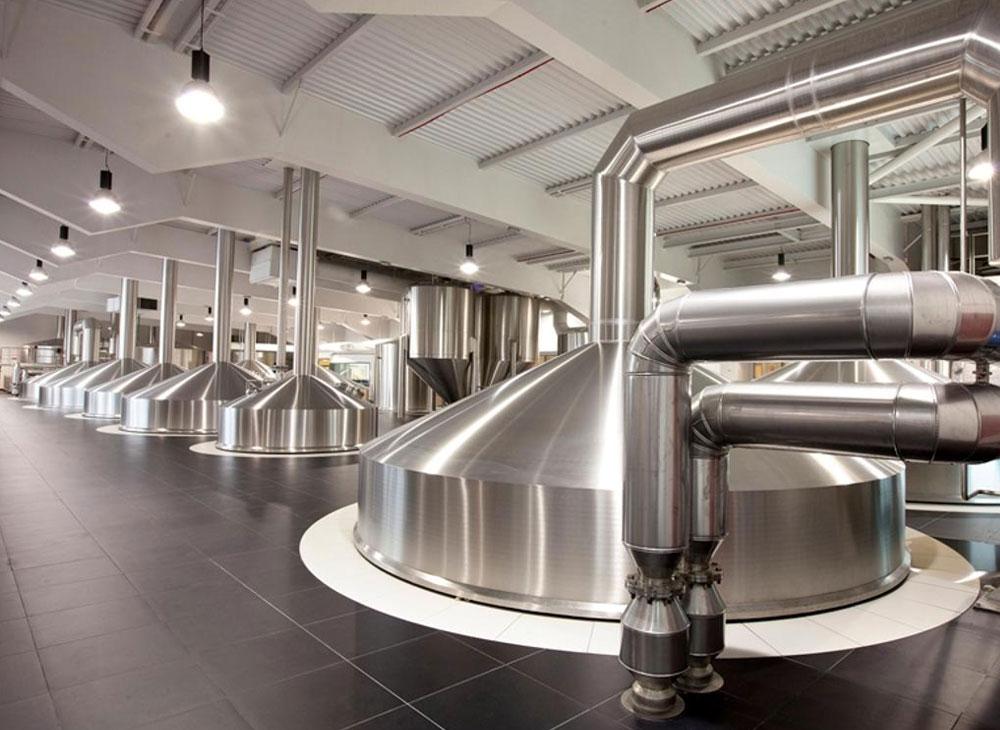

.jpg)
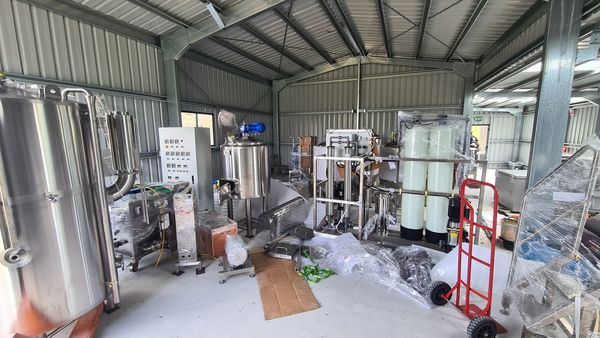
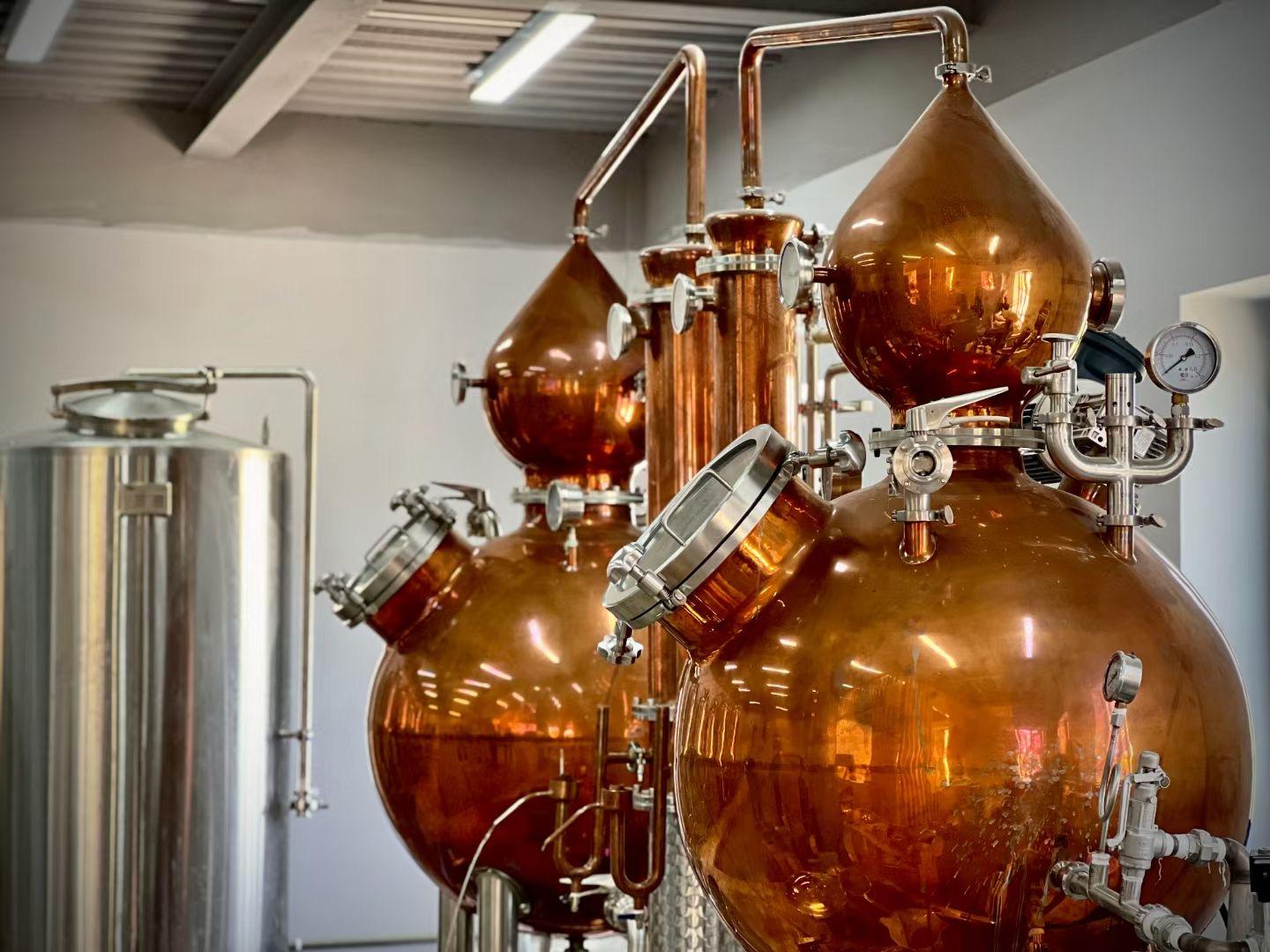
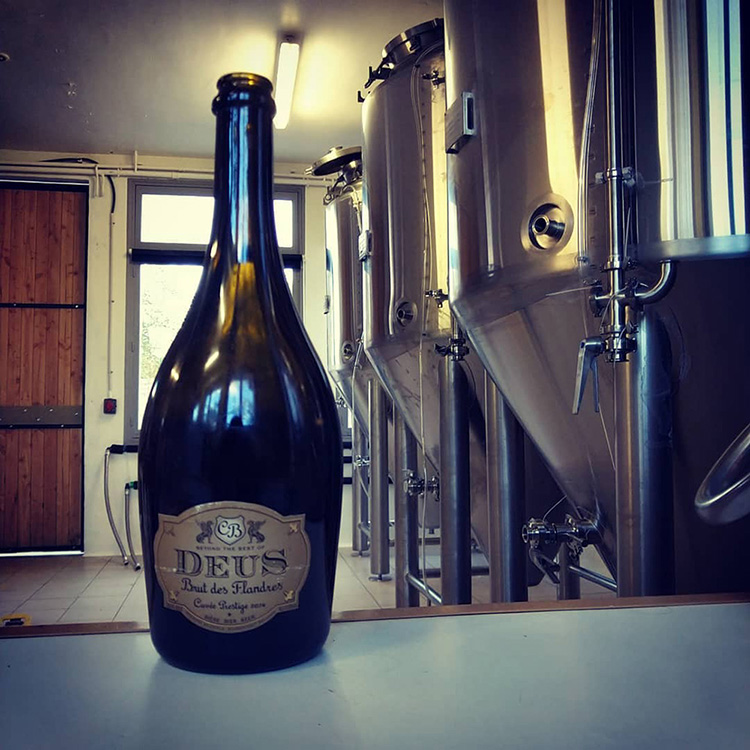
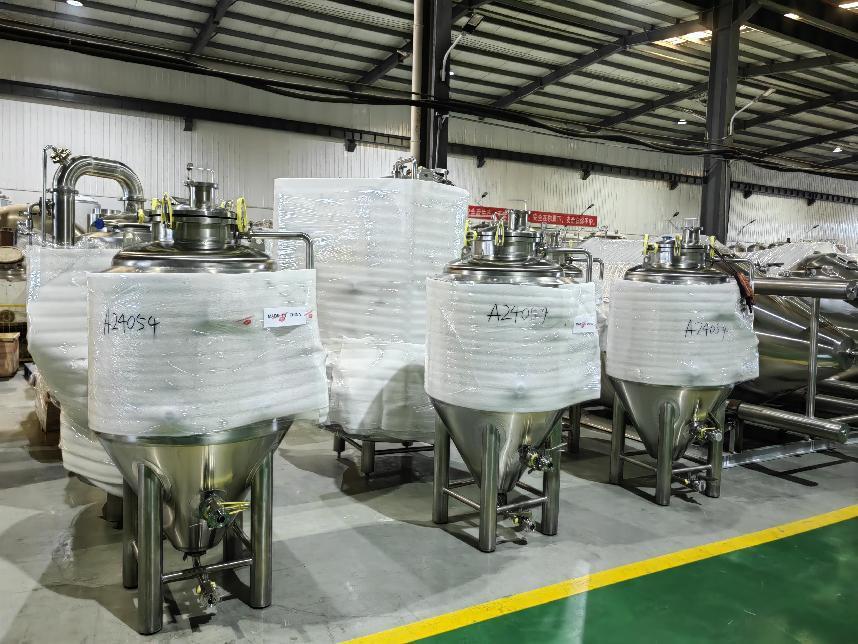
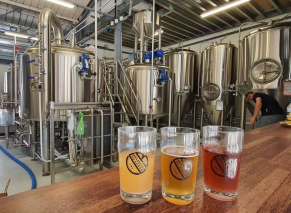
Get A Quote